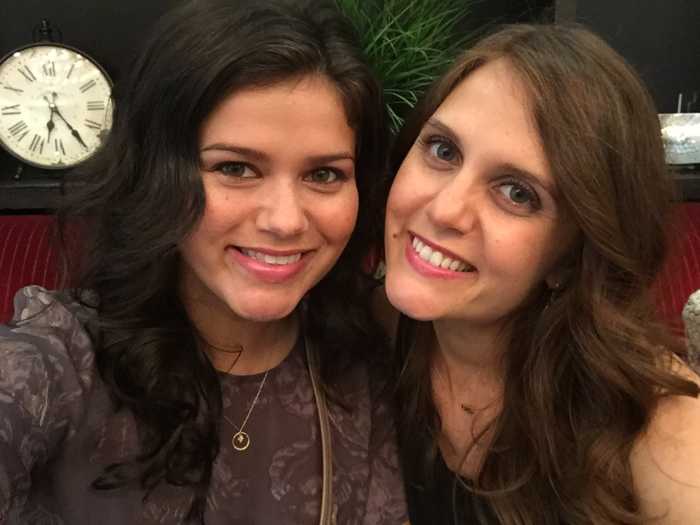Community input has always been a key feature of the city’s land use decision-making process.
That, however, could be stripped away in the near future, as revisions to ULURP (Uniform Land Usage Review Procedure) are reportedly going to be looked at by a City Charter revision panel that Mayor Michael Bloomberg is expected to put together next year.
According to an informed source, who attended a discussion of the issue at a meeting held by Manhattan Borough President Scott Stringer, the goal may be to shorten the lengthy ULURP process, which mandates review of zoning changes from the local through citywide levels over a specific period of time.
“There is a persistent rumor that the mayor is going to be doing a charter revision commission and one of the things that has been rumored to be on the table is rewriting ULURP, specifically the community board’s and possibly the borough president’s role in ULURP,” noted the pundit.
“In their mind, they want to ensure that development goes as quickly as possible, particularly in this economy,” noted the source. “Now, they have to wait 200 days to go through ULURP. What if they could get their shovels in the ground after 60 days?”
Such a change is unlikely to be a plus for communities, the source added. Indeed, the source opined, “If it slips through without much notice,” because attention is being paid to such headline-grabbing issues as the extension of term limits, “We’re all up the creek.”
Such an idea is “outrageous,” contended Josephine Beckmann, Community Board 10’s district manager.
Beckmann predicted that, should such a change be mooted about by a charter revision panel, “I think community boards would really fight it, and communities would really fight it. I think they should strengthen the power of community review, not diminish it.”
Alvin Berk, the chair of Community Board 14, concurred. “I have committed a great deal of my time and energy to CB 14 for the last quarter century,” he told this paper. “I would not have done that if I did not believe that community participation in the city’s land use process was essential.
“If this is true,” Berk went on, “I am sure that the city’s community boards will make every effort to inform the public, and I am confident the public will reject the proposal. New Yorkers have grown skeptical about decisions made centrally that affect their lives at the local level unless there is some meaningful community input to those decisions. ULURP provides that meaningful community input.”
Preservationist Victoria Hofmo said that eliminating the community board’s role in ULURP “looks like a way to put more power into developers’ hands. It would be taking the public out of the public process. I guess it’s a matter of what your vision for the city is. If your vision is a bunch more ugly condos, then I guess it would be a good thing.”
Rumors of changes to the role of community boards in city government have been rife over the past couple of years, said Dean Rasinya, the chair of CB 10.
“We’ve heard people talking about cutting back on what community boards do,” he told this paper. “Every so often, you hear that the agencies or the administration are not that interested in hearing what the community has to say.”
But, Rasinya stressed, such an attitude does not benefit the city. “It’s worth investing the time to get things done in a better way,” he contended. “Input at the community level is important because agencies don’t always have the type of information that people who are active at the community level have. There are nuances they are just not aware of.”
Craig Hammerman, the district manager of Community Board 6, agreed. He pointed out that, “Community boards are often targeted because it is their job to represent the community and at times take positions that are unpopular with elected officials. Our positions are very local ones, and I think we are able to contribute a great deal to government, adding value to it because of our local knowledge.”
Yet, the review of community boards by a charter revision commission could be the first step toward the total elimination of community boards, Hammerman noted. “They can cripple community boards through budget cuts, but if the unstated goal is to eliminate community boards, they would have to go through the charter revision process,” he pointed out.
Such an eventuality, he said, would be devastating. “It would effectively remove the non-partisan local voice of government,” Hammerman emphasized. “It would mean that, from Red Hook to Melrose, people would have to go to City Hall to conduct local government business.”
Yet, said Hammerman, he is not averse to a review of community boards’ role by a charter revision commission. “There are a lot of outdated provisions in the City Charter that I’d like to see revised,” he noted. “It’s been nearly 20 years since there was any substantial change in the charter. Think about the changes during that time in technology alone. I don’t want to be part of a fight to keep things the way they are. I want to be part of an evolutionary process that moves us all into the future.”
By press time, the mayor’s office had not responded to a request for comment.





















